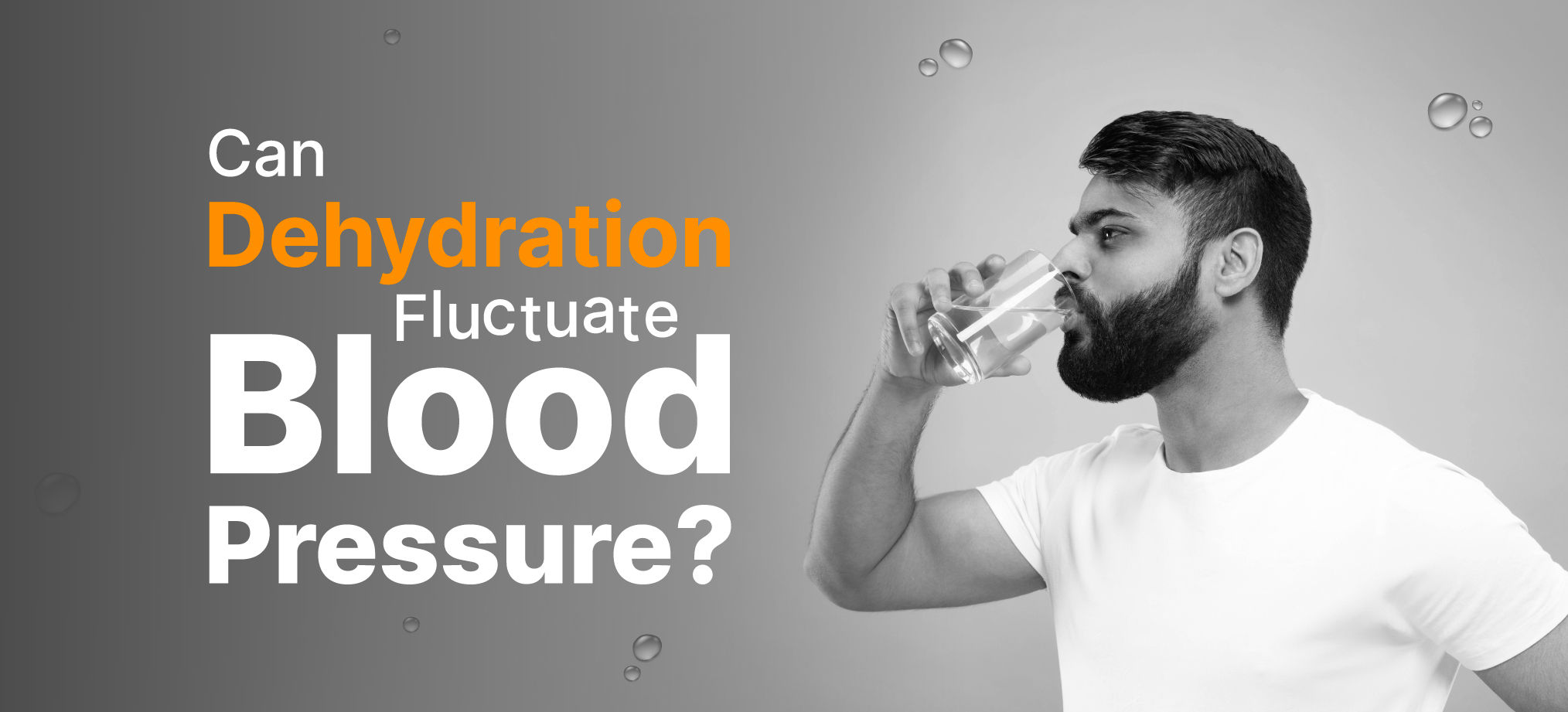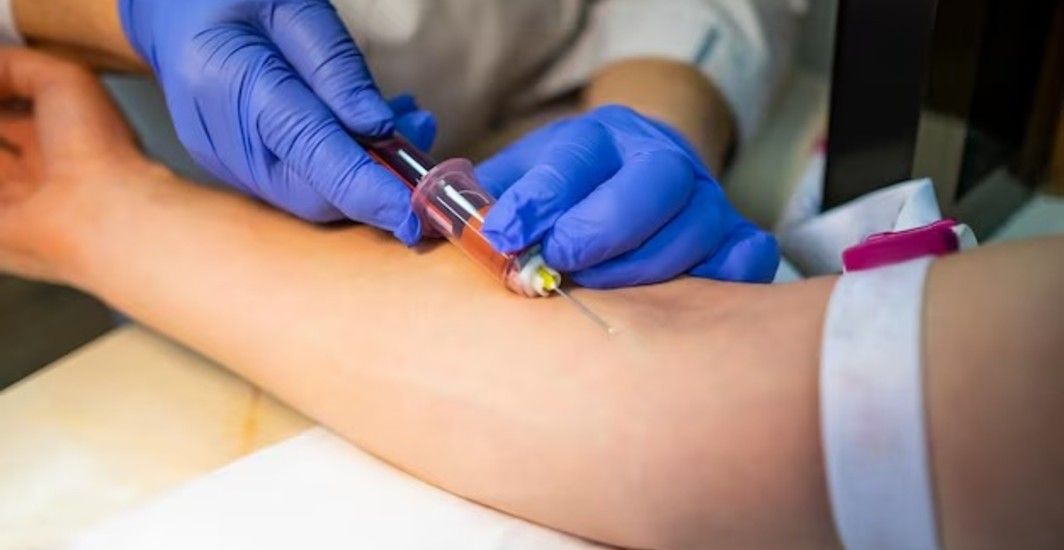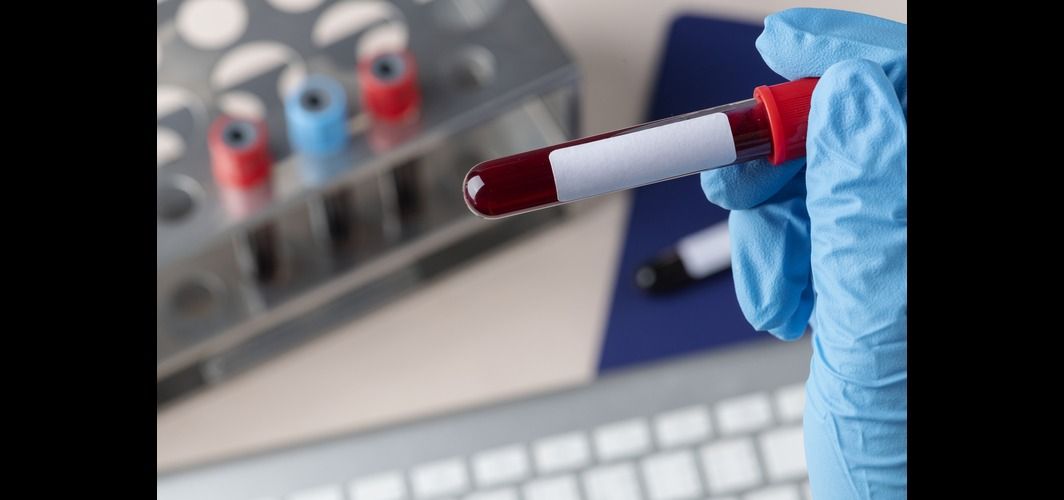General Health
What Would Happen If You Didn't Drink Water?
3 min read
By Apollo 24|7, Published on - 28 November 2022, Updated on - 14 March 2024
Share this article
0
53 likes

Without water, what is life? Nothing! Water is needed by every single cell. It's like the fuel that every car needs. But if you stop drinking water, what happens? You don't just get dehydrated. You also get constipated, tired, and have other problems like persistent headaches and low mental alertness.
In this blog, we'll talk about why your body needs water, what happens if you don't drink enough water, and more. While you're reading this, don't forget to drink some water.
? Did You Know?
There is 73% water in the brain and heart, 83% in the lungs, and 31% in the bones.
What Happens When You Don't Drink Enough Water?
When you don't drink enough water, your body experiences a myriad of physiologic setbacks. A few symptoms that are quite evident and one can start to observe soon are
1. Dark Urination
When you are dehydrated, your urine appears more concentrated and dark yellow in colour. This is because the kidneys produce urine with less water content to conserve the reduced amount of water in the body.
2. Dry Mouth
You may be experiencing dry mouth because your body isn't getting the moisture it needs to function properly.
3. Sunken Eyes
Dehydration reduces the elasticity and fullness of the body tissues. Moreover, the skin around your eyes is thinner than elsewhere, so deep sockets are readily apparent with a lack of hydration.
4. Fatigue
As dehydration advances, the body sends blood to working muscles and away from the skin, impairing heat loss. The internal heat builds up causing fatigue associated with cramps and dizziness.
5. Persistent Headaches
A dehydration headache occurs when the body lacks enough fluids.
6. Dull Skin
Dry, itchy, dull skin is a result of dehydration. Your skin may be uneven and have more fine wrinkles.
7. Rapid Heartbeat
Dehydration can cause low blood pressure and palpitations. When blood volume drops, the heart beats faster to supply oxygen to the organs.
8. Low Blood Pressure
When the body doesn't have enough water, the blood volume falls. This is generally accompanied by fever, vomiting and severe diarrhoea which together contribute to low blood pressure.
9. Constipation and Weight Gain
The main reason behind constipation is often lack of enough water intake. As the digested food moves through the large intestine, they naturally soak water. If your body doesn't have enough water, the intestine will absorb the water content of the digested food. So you end up suffering from constipation and associated weight gain.
How Much Water Should You Drink?
The absence of water in your daily regimen can prove to be lethal within days. It is important to consume fluids (like smoothies or juices), and meals that are high in water content.
So, how much water should a normal, healthy adult drink?
- For Men: Roughly 15.5 cups (3.7 litres) daily
- For Women: Roughly 11.5 cups (2.7 litres) daily
? Did You Know?
Water is a healthy alternative to sugary drinks like soda, fruit juice, and sports drinks because it contains zero calories.
Final Note
In the most literal sense, “water is life” and it is quintessential to maintain an adequate water balance proportional to your sex and body mass. Despite this emphasis, there are still significant information gaps in the measurement of total fluid intake and hydration status at the mass level. This blog offers ideas for how to analyse water requirements and promotes the importance of water in day-to-day life.
Medically Reviewed by Dr. Dhanunjay Reddy B
General Health
Leave Comment
Recommended for you

General Health
Uric Acid Test: Purpose, Procedure, Range, and Results
Uric Acid Test helps diagnose gout, kidney disease & other conditions. Learn about its normal range, procedure, purpose, and how to interpret results.

General Health
How to Relieve Ear Pain at Home?
A complete guide to different types of ear pain and respective home remedies to efficiently relieve ear pain at home.

General Health
Understanding Platelet (PLT) Normal Range and its Importance in Health
Learn about platelet normal range, causes of high and low counts, functions, diagnostic tests, and prevention tips.
Subscribe
Sign up for our free Health Library Daily Newsletter
Get doctor-approved health tips, news, and more.
Visual Stories

Could There Be More to Your Snore?
Tap to continue exploring
Recommended for you

General Health
Uric Acid Test: Purpose, Procedure, Range, and Results
Uric Acid Test helps diagnose gout, kidney disease & other conditions. Learn about its normal range, procedure, purpose, and how to interpret results.

General Health
How to Relieve Ear Pain at Home?
A complete guide to different types of ear pain and respective home remedies to efficiently relieve ear pain at home.

General Health
Understanding Platelet (PLT) Normal Range and its Importance in Health
Learn about platelet normal range, causes of high and low counts, functions, diagnostic tests, and prevention tips.